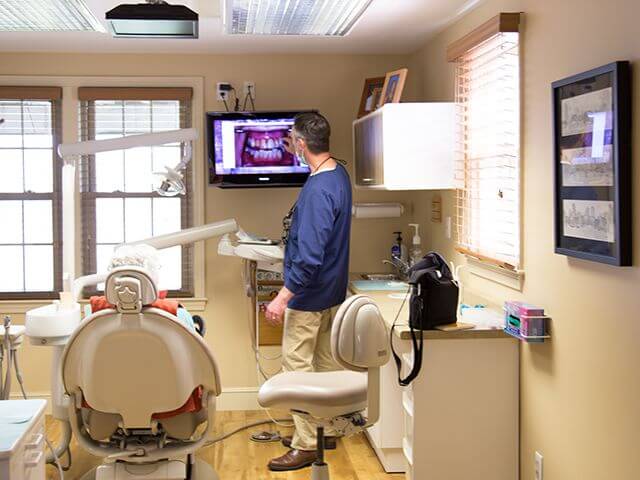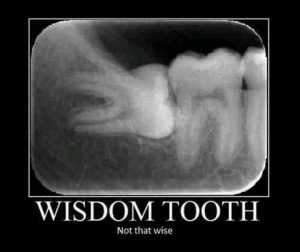
I recently attended a dental continuing education course entitled “Hit Man or Healer?” The course was given by a well-known leader in the dental profession. The basic premise of the course was the notion that we have a lot more science, studies, and data available today to be able to make better decisions about the treatment that we dentists recommend to patients. The concept is called evidence-based dentistry.
The idea is that if a very structured examination and diagnosis is done, treatment recommendations can be made based on science. The problem is, many times the diagnosis leads to suggestions that without the proper dialogue can make the dentist look like a “hit man” (ie. patient… (Read More)






 Sleep apnea affects an estimated 22 million people in the U.S. and can have serious consequences to their overall health. In fact, researchers have found a link between sleep apnea and many serious conditions like high blood pressure, depression, weight gain, and stroke. But even if you’re getting treatment for sleep apnea, you might not know that certain foods can aggravate it. With the holiday season upon us, keep reading to learn about which foods you can safely enjoy and which ones you should avoid!
Sleep apnea affects an estimated 22 million people in the U.S. and can have serious consequences to their overall health. In fact, researchers have found a link between sleep apnea and many serious conditions like high blood pressure, depression, weight gain, and stroke. But even if you’re getting treatment for sleep apnea, you might not know that certain foods can aggravate it. With the holiday season upon us, keep reading to learn about which foods you can safely enjoy and which ones you should avoid!
